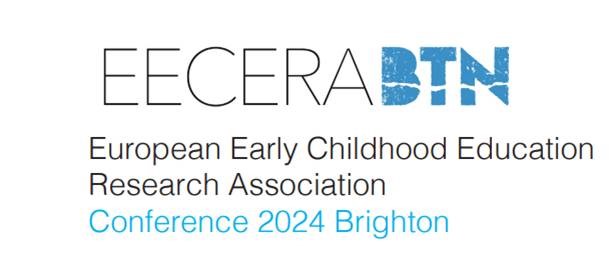Developing Sustainable Early Childhood Education Systems: Comparisons, Contexts and the Cognoscenti

The international reach of EECERA makes our Annual Conference an ideal forum for exploring the globally shared challenges of developing sustainable Early Childhood Education (ECE) systems and identifying the policy options available for system change. The 2030 Agenda for Sustainable Development, adopted by all United Nations Member States in 2015, provides a collection of interlinked objectives designed to serve as a “shared blueprint for peace and prosperity for people and the planet, now and into the future”. These 17 Sustainable Development Goals (SDGs) are an urgent call to action for all countries – developed and developing – in a global partnership. Three pillars of sustainability – Social, Economic, and Environmental – are offered to shape our work on developing sustainable ECE systems. They recognize that ending poverty and other deprivations must go hand-in-hand with strategies that improve health and education, reduce inequality, and spur economic change – all while tackling climate change and working to protect and regenerate our oceans, forests and other fragile ecosystems. These global frameworks should inform our thinking and actions as we develop our sustainable ECE systems.
Key Questions
In each of these domains we need to ask:
- What transferable synergies, knowledge and insights might ECE researchers, practitioners and policy makers mutually share and what differs, comparatively?
- What are the contexts: cultural, economic, environmental or privilege, in which these ECE policy and practice decisions are made?
- Who makes the decisions and how are they informed. That is, who are these ‘cognoscenti’ and what influence do they have on policy and practice? Who is knowledgeable, and who is merely ‘in the know’?
These and many more ethical, political, environmental and economic questions form the background to an urgently needed and research-informed dialogue about system sustainability in ECE in which we will place children’s voice, power and rights centrally in our considerations of policy and practice.
Conference Strands
- Values and Value Education
- Culture, Community and Society
- ECEC Contexts, Transition and Practices
- Play and Learning
- Supporting Families in Early Years Settings
- Innovative / Alternative Approaches
- Sustainability in ECE
- Parent Partnership in Early Years Settings
- Professionalism and Pedagogues / Educators Role
- National Curricula in ECEC
- Paradigms, Theories and Methodologies for Working with Young Children
- National and International Research in ECEC
- The Present and the Future of Child-centred Practice
- The Child and Local Community
- Quality Early Childhood Education
- The Relationship of Home Learning Environment and Local Community
- Children’s Policy
- The Role of Families’ Cultural and Social Traditions

